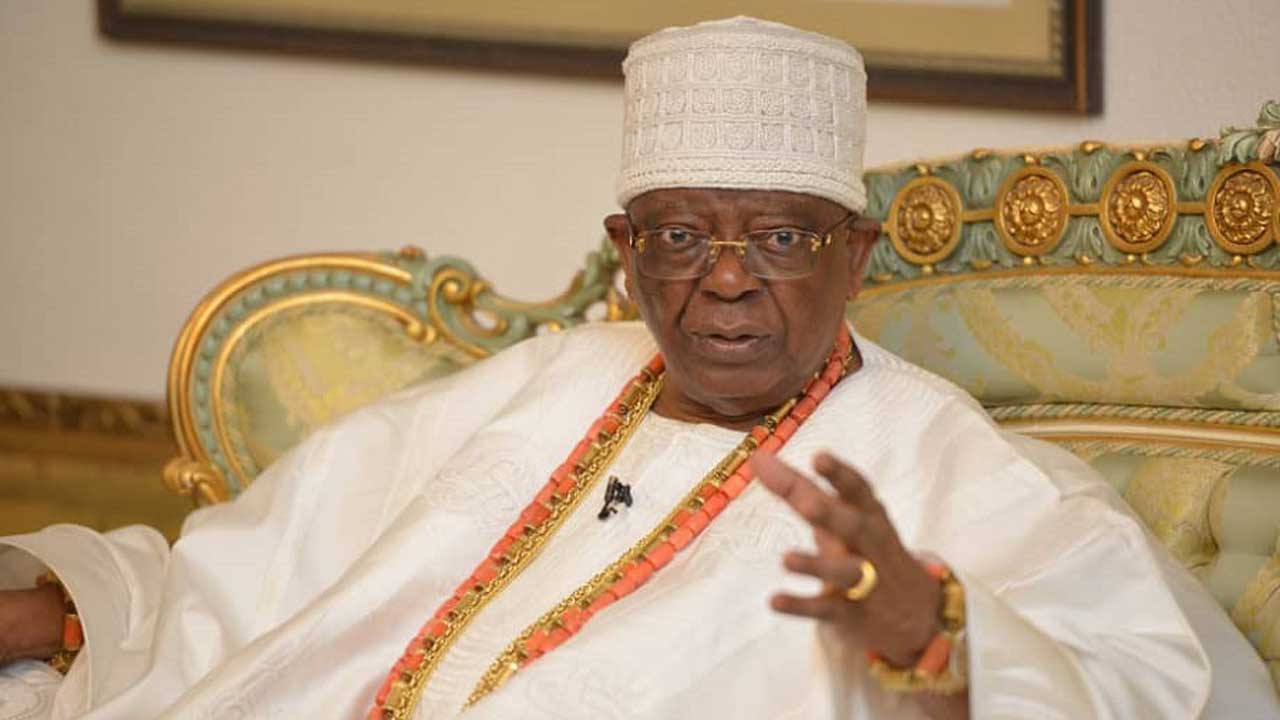Otunba Michael Olasubomi Balogun, CON (9 March 1934 – 18 May 2023), was a visionary banker, entrepreneur, and philanthropist whose legacy reshaped Nigeria’s financial sector and inspired generations of business leaders.
Early Life and Education
Born in Ijebu-Ode, Ogun State, Balogun came from Ijebu heritage and was nurtured in an environment that valued both education and entrepreneurial aspiration. He attended Igbobi College, Lagos, followed by the London School of Economics, where he studied law. He was called to the English Bar in December 1959.
Path into Banking
After returning to Nigeria, Balogun initially worked in the public legal service, then transitioned into the financial sector:
He joined the Nigerian Industrial Development Bank (NIDB).
He served as Director of Operations at ICON Securities, a merchant banking subsidiary of NIDB.
In 1977, he founded City Securities Limited, a stock-broking and issuing house.
Founding FCMB and Banking Milestones
Balogun’s defining achievement was founding First City Merchant Bank (FCMB):
He applied for the merchant banking licence in 1979, though operations formally began in 1983 after he was granted the licence.
FCMB was celebrated as “the first bank in Nigeria established without government or foreign backing.”
In 2001, FCMB converted from a merchant bank to a universal bank and changed its name from “First City Merchant Bank” to First City Monument Bank Limited.
The bank became a public company and was listed on the Nigerian Stock Exchange (NSE) by introduction in December 2004.
Honors, Traditional Titles, and Philanthropy
He held the national honour Commander of the Order of the Niger (CON) in recognition of his contribution to banking.
Among his many traditional titles, Balogun was Otunba Tunwase of Ijebuland, Olori Omo-oba of Ijebuland, and held other leadership roles connecting him with Ijebu heritage.
His philanthropic footprint was substantial. He established the Otunba Tunwase Foundation, which supports healthcare, education, and welfare. Notably, he built the Otunba Tunwase National Paediatric Centre in Ijebu-Ode, which he donated in 2013 to the University of Ibadan and University College Hospital (UCH) Ibadan.
Legacy
Otunba Subomi Balogun passed away in London on 18 May 2023, but his impact remains deeply felt:
FCMB Group remains one of Nigeria’s influential banking and financial services institutions, offering retail, corporate, and asset management services.
His model of creating a wholly Nigerian bank without state or foreign backing challenged norms and demonstrated what local entrepreneurship could achieve.
His leadership blended business success with social responsibility, especially in his home region of Ijebu-Ode. His life remains a reference point for Nigerian banking reform, private-sector leadership, and philanthropy.
Sources:
FCMB Official History, “About FCMB Group Plc.”
“Otunba Olasubomi Subomi Balogun, CON (1934-2023).” The Nation, 2023.
Dawn Commission, “Otunba Subomi Balogun Dies at 89.”
Otunba Subomi Balogun stands as an exemplar of Nigeria’s private-sector pioneers—visionary not just in creating institutions, but in ensuring those institutions served broader social good.
FOLLOW US ON:
FACEBOOK
TWITTER
PINTEREST
TIKTOK
YOUTUBE
LINKEDIN
TUMBLR
INSTAGRAM































